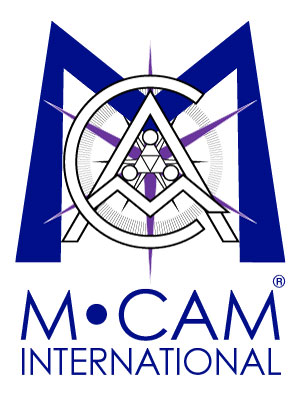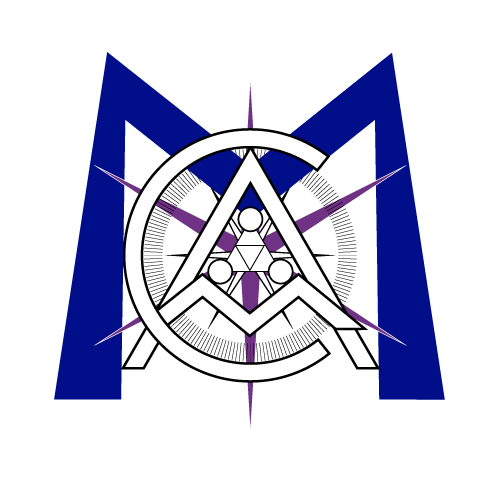August 21, 2009
In
News Archive
Date: Fri, 2009-08-21
M·CAM Opens the Flow of Open Source Innovation with the India Water Project Global Technology Assessment™
Charlottesville, Virginia – August 21, 2009 –– The world’s first open source Innovation Commons program on water technology and innovation has been launched today. An estimated 1.6 million children die each year from lack of water. Over 2.5 billion people do not have access to potable water. And all of these statistics have been unchanged while tens of thousands of innovations on water have been patented – many never put to use…until today.
M·CAM has released the world’s first Innovation Commons for Water under the India Water Project Global Technology Assessment. This project, targeting India, is in direct response to the Government of India’s leadership in making clean water a national priority and mandating that its agencies and ministries resolve the challenges facing India with all haste. M·CAM wants to assist in this life–saving endeavor. This free platform allows users from around the world to tap into the creativity of thousands of innovators who have developed solutions for the world’s water challenges but have been unable to take them to scale. Now, everyone will have equal access to Open Source innovations and know–how derived from the most creative minds around the world.
Water is life. Like many other decisions taken by humanity during its evolution, many companies and individuals have sought and received patents covering one or more processes involved with the extraction and capture, transmission, purification, testing, distribution and end use of water. The Water for the World Global Technology Assessment™, or GTA, provides a compendium of thousands of innovations in water related technologies. This Water GTA discloses innovations which are in the public domain in much, if not all, of the world. Either by expiration, abandonment (meaning that maintenance fees have not been paid) or failure to file in certain jurisdictions, the innovations disclosed herein belong to the world.
The information in this GTA is compiled from over 15,000 companies, research institutions and individuals in over 120 countries. In their protection, the world was precluded from their use and now, they can be recycled for the benefit of all humanity. Billions of dollars of research and development are represented in this GTA and special interest groups, entrepreneurs, NGOs and governments should insist that, before any precious resources are spent on R&D or procurement of water solutions, a review of the open source is mandatory so as not to waste precious time and resources on replicating what is already done and now is free.
For more information, please visit: http://water.m-cam.com
For questions or media inquiries, please send an e-mail to info@m-cam.com

